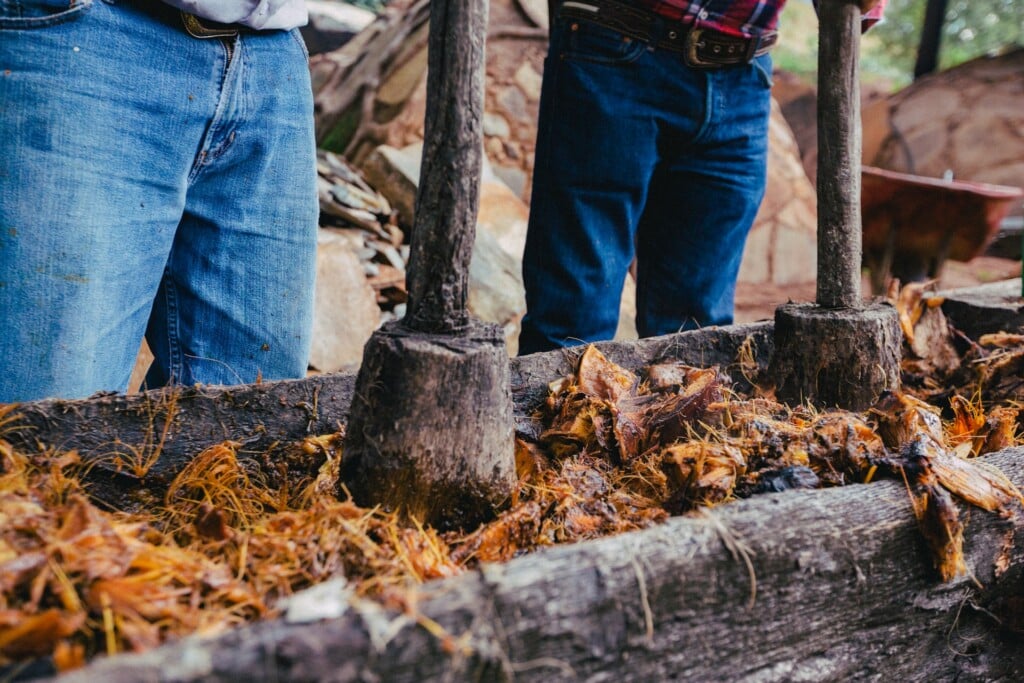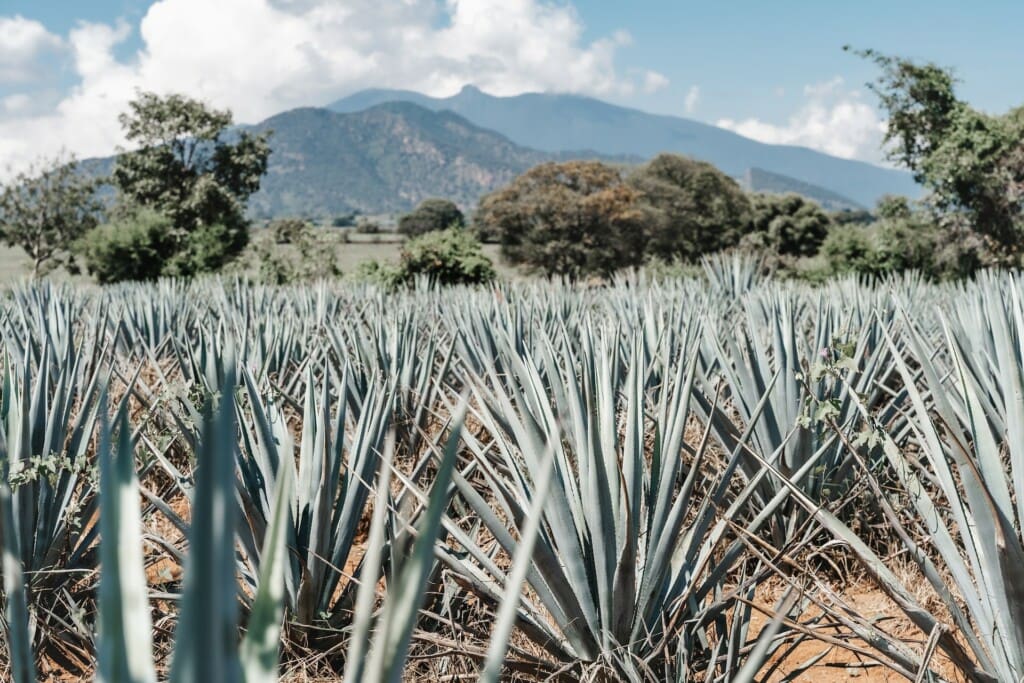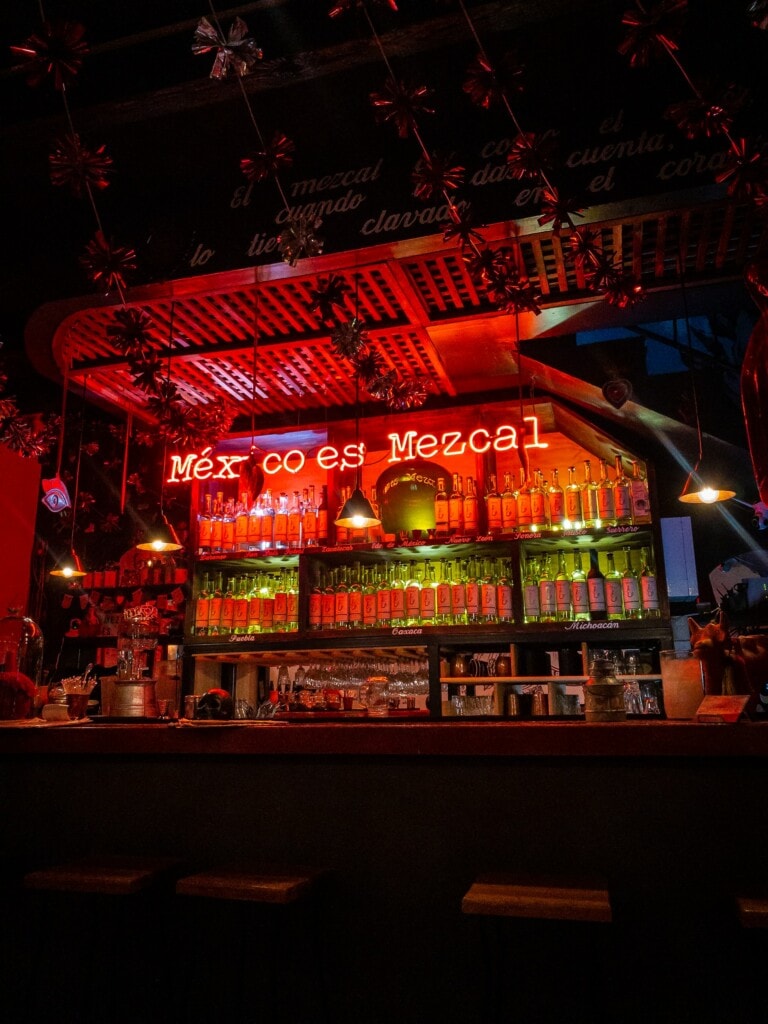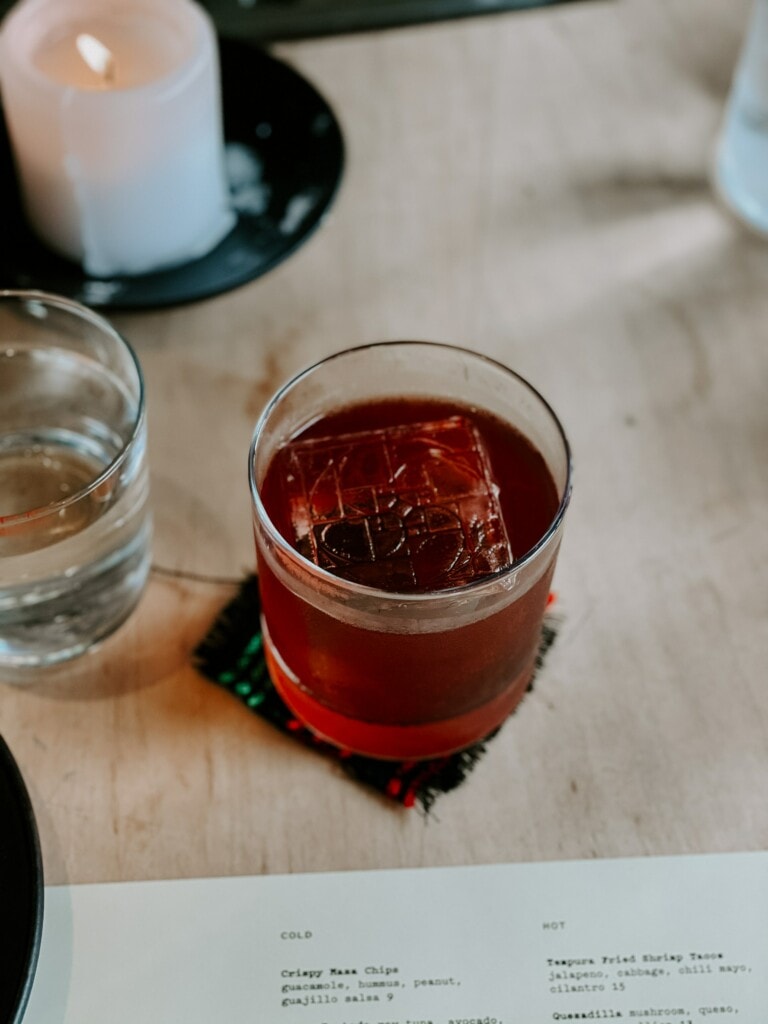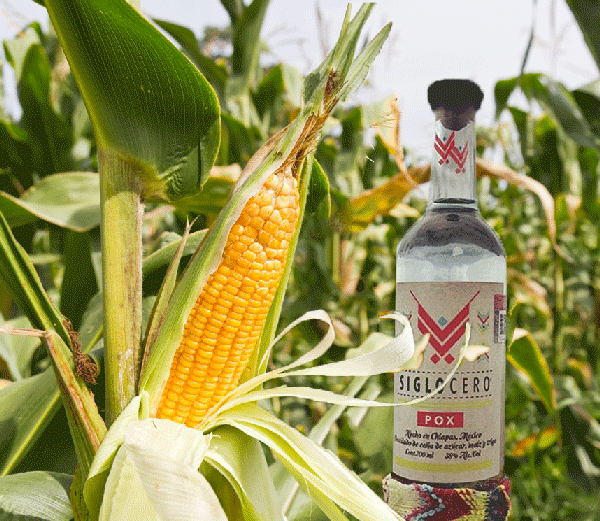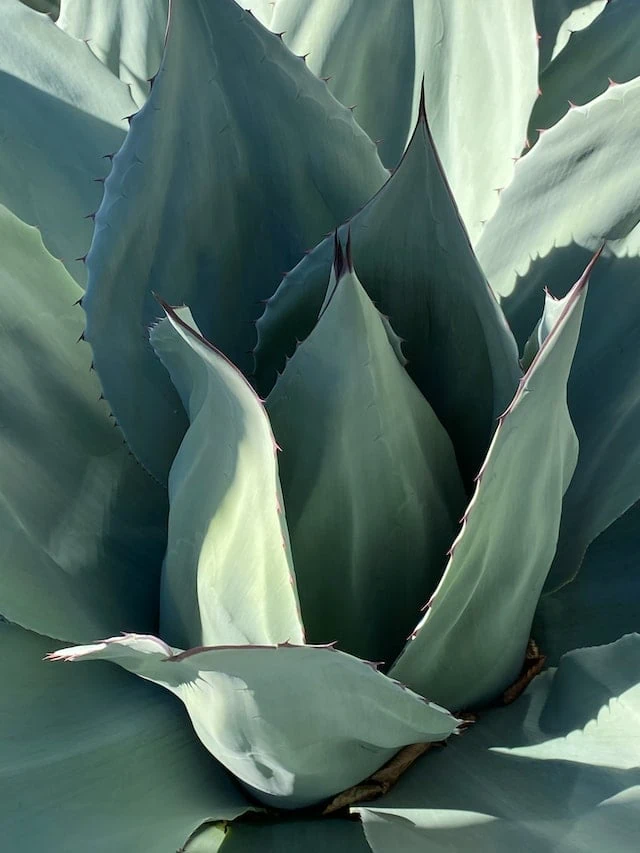
Mezcal is not tequila… history and facts about the spirit from Mexico
Mezcal is not tequila… it is a traditional Mexican spirit made from the agave plant and has been part of the country’s cultural heritage for centuries.
In recent years, it has gained popularity around the world, with the rise of artisanal mezcal production leading the way. These artisanal mezcals offer a unique flavor profile, distinct from mass-produced industrial versions.
Before delving into the intricacies of mezcal, it is important to understand that it is a beverage distinct from tequila. All tequila is mezcal, but not all mezcal is tequila, similar to the connection between bourbon and whiskey, i.e., all bourbon is whiskey, but the reverse is not true.
What is mezcal
Tequila is a type of mezcal produced in and around the state of Jalisco in Mexico. The must needs to be made from blue agave, a specific species of agave grown for tequila production. Mezcal, on the other hand, can be made from a wide variety of agave species, including desert agave.
Another key difference between tequila and mezcal is the production process. Tequila is usually made using modern methods and equipment, resulting in a more consistent flavor profile.
Mezcal, on the other hand, is usually made using traditional methods and equipment passed down from generation to generation. As a result, we obtain a unique and complex flavor profile, different from that of tequila.
The final product also differs, as tequila tends to be smoother and less smoky, while mezcal has a more robust and smoky flavor. This is due to the toasting process, in which the agave is cooked in a pit oven, which contributes to the smoky flavor of mezcal.
Agave – Photo Mary West Unsplash
The artisanal production of mezcal is an ancestral tradition that has been passed down through the centuries. Its elaboration process is very laborious and requires a deep knowledge of the agave plant and the surrounding environment.
Its base, the agave, is harvested, roasted and crushed by hand to extract the juice. It is then fermented and distilled using traditional methods and equipment to obtain a spirit with a rich, smoky flavor that is unparalleled in industrial production.
Differences between artisanal and industrial mezcal
One of the main differences between artisanal and industrial mezcal is the use of wild agave. Artisanal producers usually use wild agave plants, which grow naturally in the Mexican landscape. Current generations of producers have also begun to cultivate the plant themselves to obtain more consistent yields, a process that can take up to seven years.
The traditional methods used in artisanal production are not only more time-consuming, but also more sustainable. The use of wild agave and traditional methods ensures that the natural landscape is not affected, preserving the land for future generations.
Agave fields – Photo Dylan Freedom Unsplash
In addition, artisanal producers use only the necessary amount of resources, reducing waste and conserving energy.
Artisanal mezcal is a true expression of the people and culture that created it. From the harvesting and roasting of the agave to the final distillation, each step of the process is a reflection of the unique traditions and practices of the local community. As a result, each batch of artisanal mezcal has its own flavor and personality, making it an authentic reflection of the region in which it is produced.
Denominación de Origen (DO) Certification
Photo by Marlon Michelle Corado on Unsplash
In recent years, many artisanal producers have opted to forgo Denominación de Origen (DO) certification and bottle and sell their products as agave distillate. This is because the DO certification process can be strict and limiting, requiring producers to adhere to strict production standards and guidelines.
For artisanal producers who value their unique and traditional methods, this can be challenging. The certification process and subsequent testing is also prohibitively expensive for small producers who barely break even.
By foregoing DO certification, these producers are free to continue producing in their own way, preserving the traditional methods and flavors that have been passed down from generation to generation. This allows them to maintain their independence and cultural heritage while still offering consumers an authentic, high-quality mezcal experience.
Mezcal and cocktails
Bartenders are increasingly using mezcal in cocktails instead of tequila due to its unique and complex flavor profile. The smoky, robust palate makes it a versatile ingredient for a wide range of cocktails, allowing bartenders to create new and exciting drinks.
In addition, its growing popularity, combined with its relative scarcity, has created a new level of excitement and interest in the spirits industry, making it a popular choice for bartenders looking to stand out and offer something different to their customers.
With its rich history and cultural significance, this drink is considered a sophisticated and premium option, making it an attractive choice for bartenders and consumers alike.
Mezcal Old Fashioned Cóctel – Photo Julianna Arjes Unsplash
Artisanal mezcal is a true representation of tradition and culture. Its unique flavor profile and traditional production methods make it a truly special and coveted spirit.
Whether you’re an aficionado or simply love artisanal spirits, you can’t miss trying a small-batch artisanal one. It’s an authentic taste of Mexico and a true celebration of tradition.
Don’t drink and drive. Enjoy responsibly.
Mezcal
Discover all our Mezcal-related news, facts and infos all around the world brought to you by Spirits Hunters’ experts.
See all posts in this category. Join the community on Reddit
Join the community on Reddit
Spirits Hunters is a community dedicated to spirits and the world of mixology. Feel free to talk about the world of mixology and bartending here!
Join


